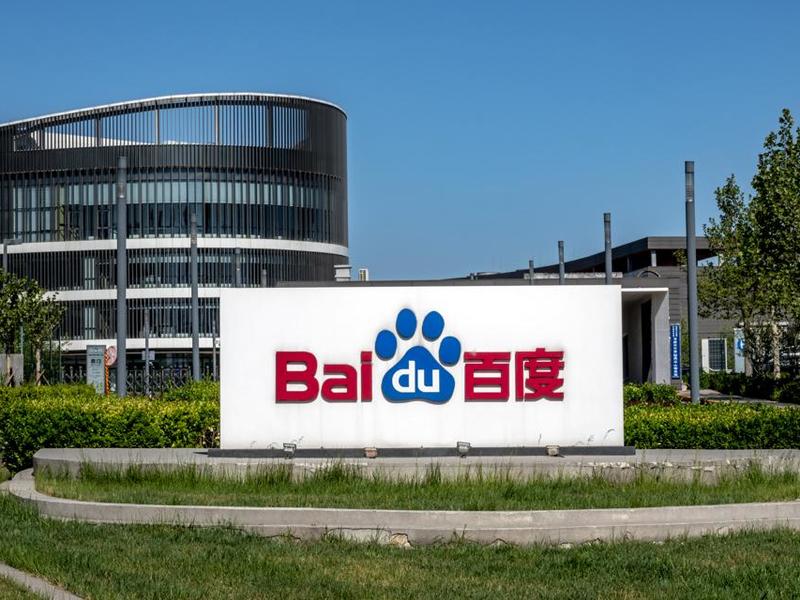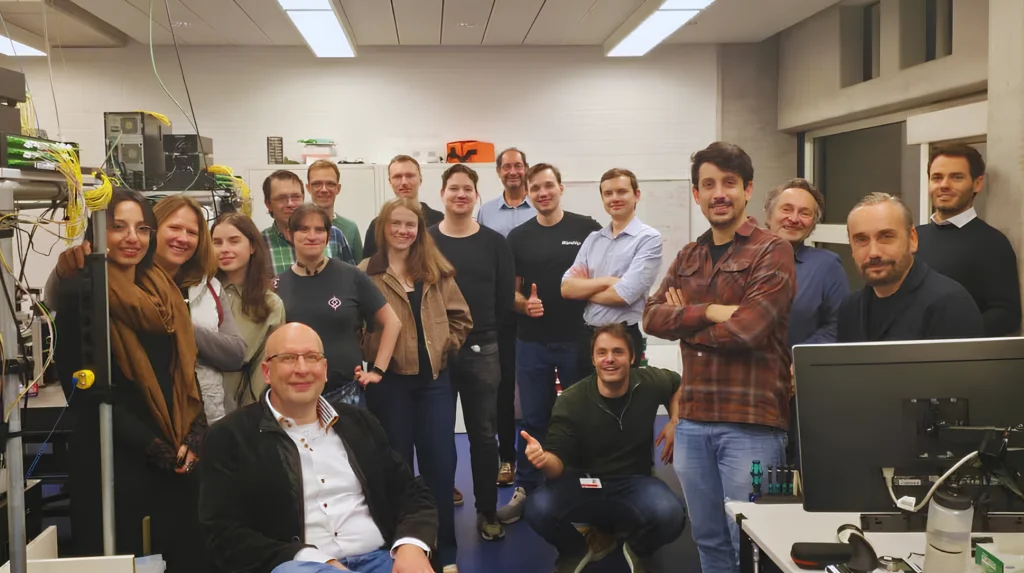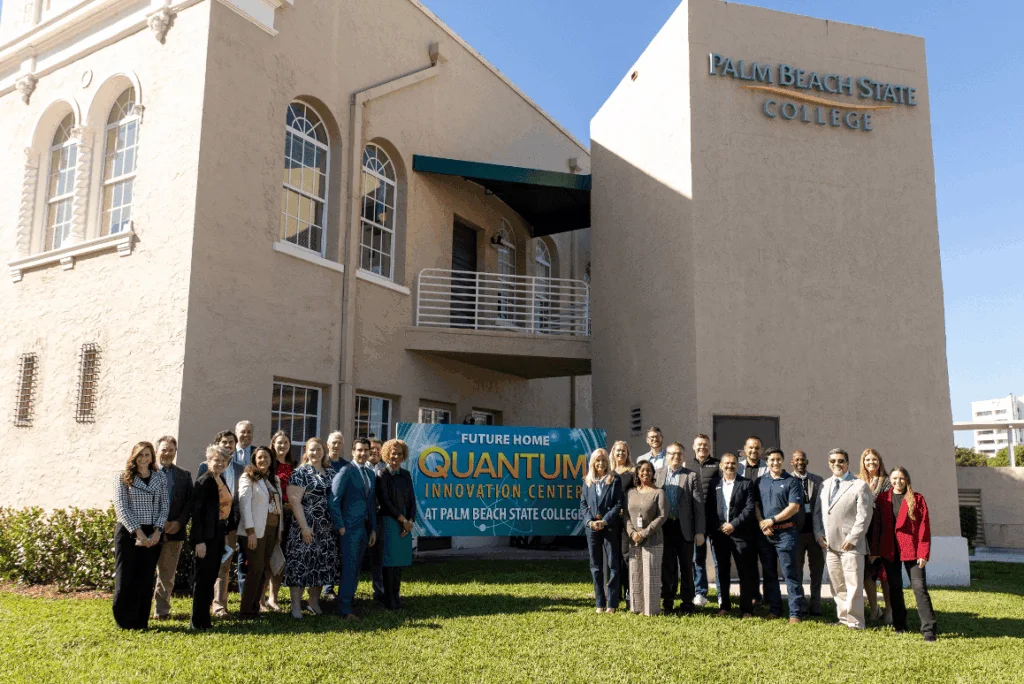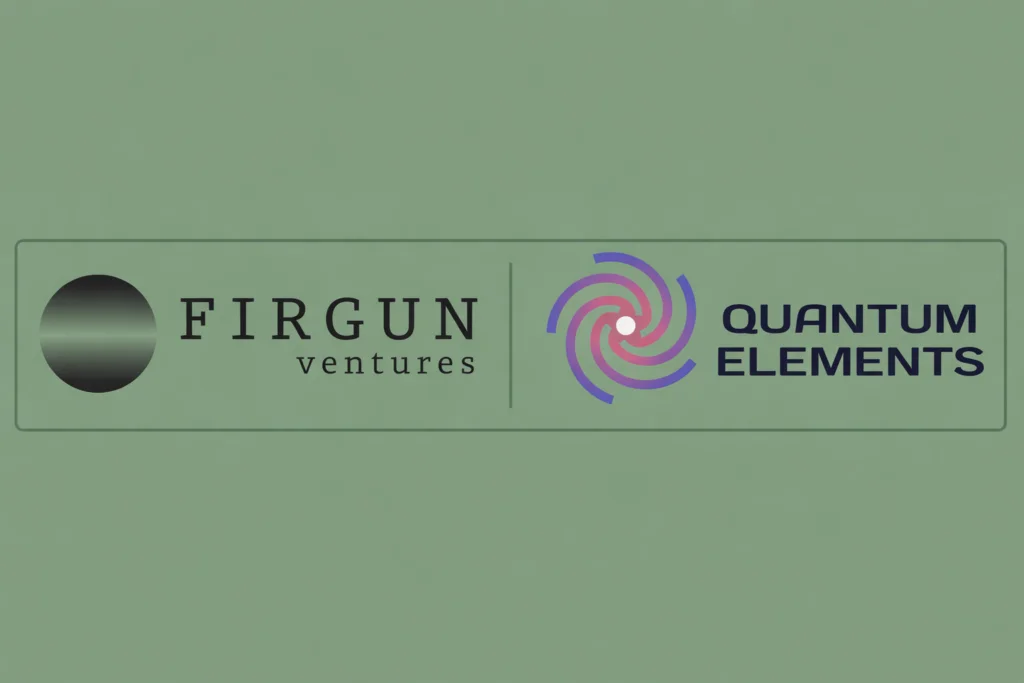
China-based Baidu Inc. announced in a blog post that it has released a new cloud-based quantum computing platform called Quantum Leaf that is designed for programming, simulating and executing quantum workloads.
The company added the cloud-based QC platform is aimed at providing the quantum programming environment for Quantum infrastructure as a Service (QaaS).
In May, Baidu Quantum Computing Institute announced Paddle Quantum, a quantum machine learning development toolkit based on PaddlePaddle that can help scientists and developers quickly build and train quantum neural network models and provide advanced quantum computing applications.
A key component in the Quantum Leaf architecture is QCompute, a Python-based open-source SDK. It provides a full-stack programming experience for advanced users via the features of hybrid quantum programming language and a high-performance simulator. Users can use the already-built objects and modules of quantum programming environment, pass parameters to build and execute the quantum circuits on the local simulator or the cloud simulator/hardware.

QCompute provides services for creating and analyzing quantum circuits and calling quantum backend.
In addition to Paddle Quantum and Quantum Leaf, the company also reported it developed a cloud-based quantum pulse computing service named Quanlse, which aims to bridge the gap between quantum software and hardware. With Quanlse, Paddle Quantum, and Quantum Leaf, Baidu Quantum Platform moves further to its mission “Everyone Can Quantum.”
The original announcement came at the company’s user conference, Baidu World 2020.
For more market insights, check out our latest quantum computing news here.















